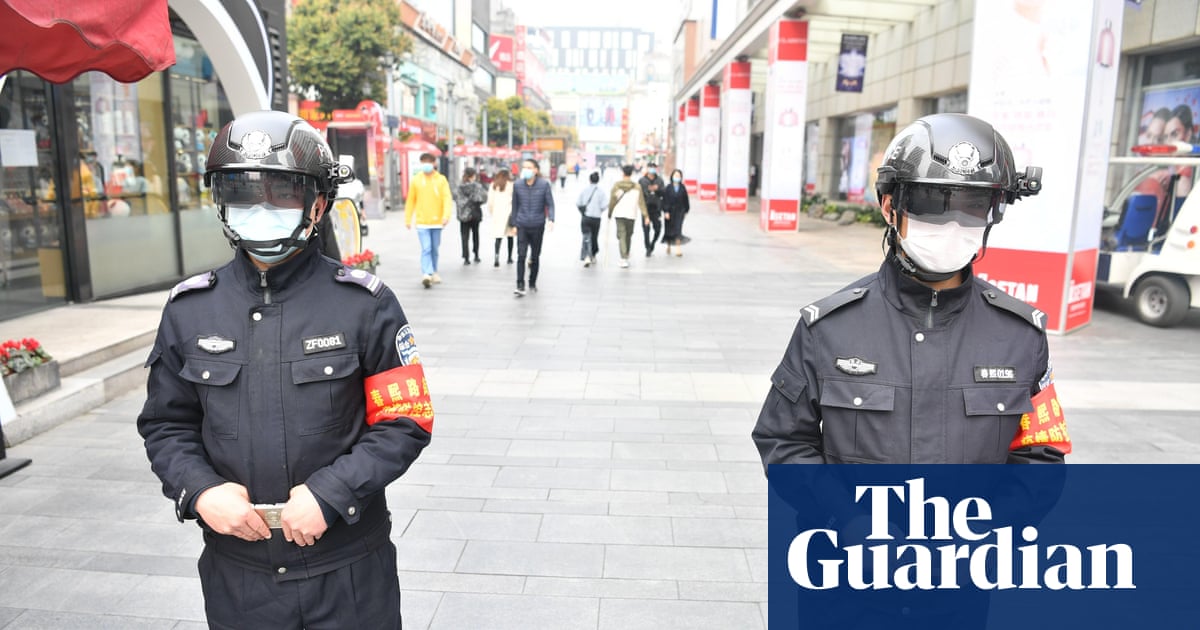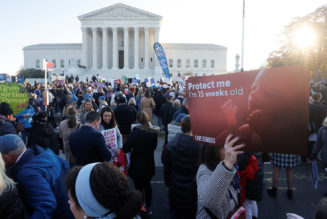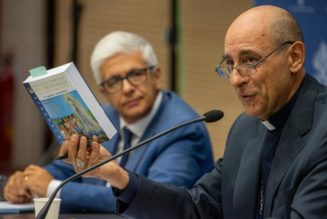
The rapid spread of coronavirus around the world could have been substantially curtailed if the broad swath of measures China brought in to control the outbreak were introduced just weeks earlier, researchers say.
Sophisticated modelling of the outbreak suggests that China had 114,325 cases by the end of February 2020, a figure that would have been 67 times higher without interventions such as early detection, isolation of the infected, and travel restrictions.
But if the interventions could have been brought in a week earlier, 66% fewer people would have been infected, the analysis found. The same measures brought in three weeks earlier could have reduced cases by 95%.
“From a purely scientific standpoint, putting in place a combination of interventions as early as possible is the best way to slow spread and reduce outbreak size,” said Prof Andrew Tatem at the University of Southampton.
The population mapping group WorldPop at Southampton ran models on human movement and illness onset to simulate different outbreak scenarios in cities in mainland China. The models reveal how combinations of interventions and when they are introduced affects the speed and transmission of the disease.
The study suggests it was crucial to move fast with the interventions China used to contain the outbreak. If testing, isolation and travel bans were brought in one, two or three weeks later than they were, the number of cases could have rocketed three, seven and 18-fold respectively.
Tatem said the modelling did not include political factors, such as weighing up the restrictions against the social and economic damages and disruption such aggressive measures can have.
“Of the three types of intervention we looked at, the early detection and isolation of cases likely had the strongest impact, and this is something that seems to have been in place early and been done effectively in the UK compared to other countries, such as the US,” Tatem said.
“The other two types of interventions, social distancing and travel restrictions, I think do need to be looked at seriously in the coming days.”
The study, which has not yet been peer-reviewed, also found that isolation of the infected and social distancing, such as cancelling large public events, working from home and closing schools, are expected to have a much greater impact on containing the virus than travel restrictions.
Mark Woolhouse, professor of infectious disease epidemiology at Edinburgh University, said the results were encouraging in suggesting that a Covid-19 epidemic could be controlled. “What is less clear from this analysis is what should happen next,” he said. In one scenario the scientists look at, lifting travel restrictions risks a second wave of infections unless contact rates are kept low. “Can that be done, and for how much longer? When can normal life resume?” he said.
Rowland Kao, professor of veterinary epidemiology and data science at Edinburgh University, said interpreting the results for the UK should be done with caution. “The results themselves should not be interpreted as being universal. They will of course depend on the individual circumstances of each country or region, where the controls are put in place.”








